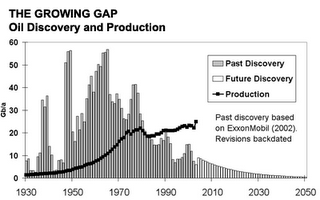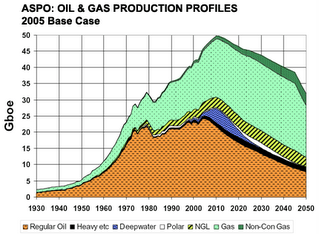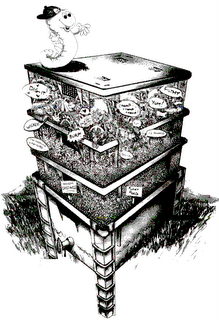
Why do we continue to use more oil when we are finding less and less?
 Why are we not preparing for this when it will impact every aspect of our lives?
Why are we not preparing for this when it will impact every aspect of our lives?
This site is about our move towards a simpler life where we provide many of our own basic needs. It's about reskilling and taking responsibility for our lives and the world we live in for the sake of our children. We're daring to leave suburbia, and all its conveniences and 'comforts,' to live in rural Tasmania, on a plot of land, where we can be self-sufficient. We don't want to wait anymore to reach out and grab our dream. We're going to grab it now.

 Why are we not preparing for this when it will impact every aspect of our lives?
Why are we not preparing for this when it will impact every aspect of our lives?

